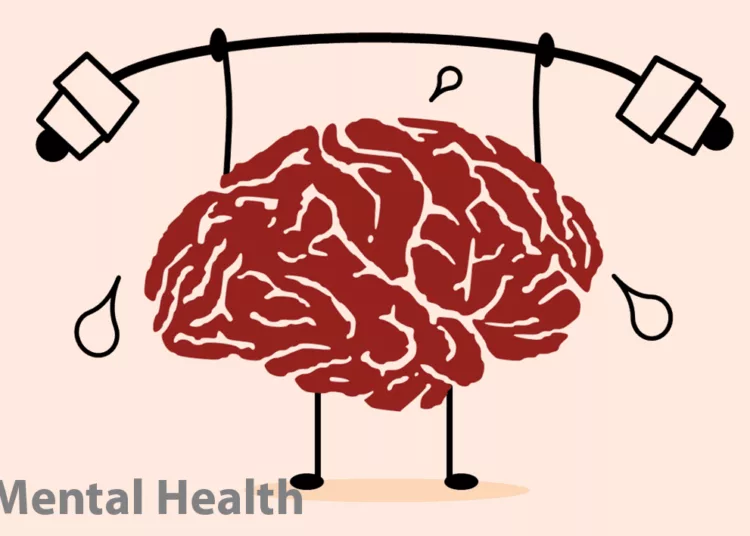Chairman of the Senate Committee on Health, Dr. Ipalibo Harry Banigo, has called for the introduction of mental health in the academic curriculum, noting the strong link between mental health, discipline and academic productivity.
The senator, who is also the grand patron of Mandate Health Empowerment Initiative (MHEI) and the Association of Mental Health Reform Organisations in Africa (AMHROA), made the call in her keynote address at the commemoration of the World Mental Health Day 2025, organised by Mandate Health Empowerment Initiative (MHEI).
She said, “Education is more than the pursuit of grades; it is the shaping of character, values and vision. Yet, we cannot expect excellence from a mind burdened by anxiety, depression, fear, or hopelessness.
“Across Nigeria and much of Africa, we face a growing crisis of academic burnout, substance use among youths, and rising emotional distress among both students and educators. Too often, these challenges are misunderstood, dismissed, or spiritualised, leaving many to suffer in silence. We must move from silence to action from stigma to support. The school environment must become a place not only for intellectual development but for psychological safety and emotional growth,” she said.
She also called for the integration of mental health education into school curricula and the establishment of mental health desks in schools nationwide.
“As Chairman of the Senate Committee on Health, I reaffirm our commitment to a Nigeria where every learner can thrive mentally and academically.
“We must work closely with the Ministry of Education and the Ministry of Health to integrate mental health education into school curricula, train teachers and school counselors in emotional intelligence and crisis response, establish mental health desks in all schools and tertiary institutions, empower parents through community-based mental health awareness and support programs, invest in credible local research and youth-centered data to drive evidence-based decisions that strengthen education, mental well-being, and national development,” she explained.
MHEI led the commemoration of the World Mental Health Day with two flagship events focused on bridging education and mental health reforms: a National Students–Parents–Teachers Roundtable in Abuja and a continental webinar hosted under the Association of Mental Health Reform Organisations in Africa (AMHROA).
The national roundtable took place at the Federal Ministry of Education Secretariat, bringing together over 120 participants including students from five secondary schools, parents, teachers, education officials, and NGOs.
In his opening remarks, the founder and president of MHEI, Dr. Ameh Zion Abba, emphasised that mental well-being must be treated as an educational priority, not merely a medical issue.
“For far too long, mental health has been confined to hospitals and institutions, seen as an isolated medical issue rather than a societal development priority.
“But today, we reaffirm a new understanding, that mental well-being is the key to academic success, national productivity, and thriving communities. When students learn in psychologically safe environments, when parents understand emotional development as much as academic performance, when teachers are trained to support, not stigmatise, struggling learners, then education becomes not only a path to knowledge but a journey toward wholeness, resilience, and purpose,” he said.
The event featured interactive sessions where students, parents, and teachers shared personal experiences and practical solutions to improve emotional safety within schools. MHEI also launched a national online survey to gather baseline data on students’ mental health awareness and coping strategies.
Participants also recommended embedding mental health education in the national curriculum, training teachers and counselors in psychosocial support, and developing national school mental health guidelines.





